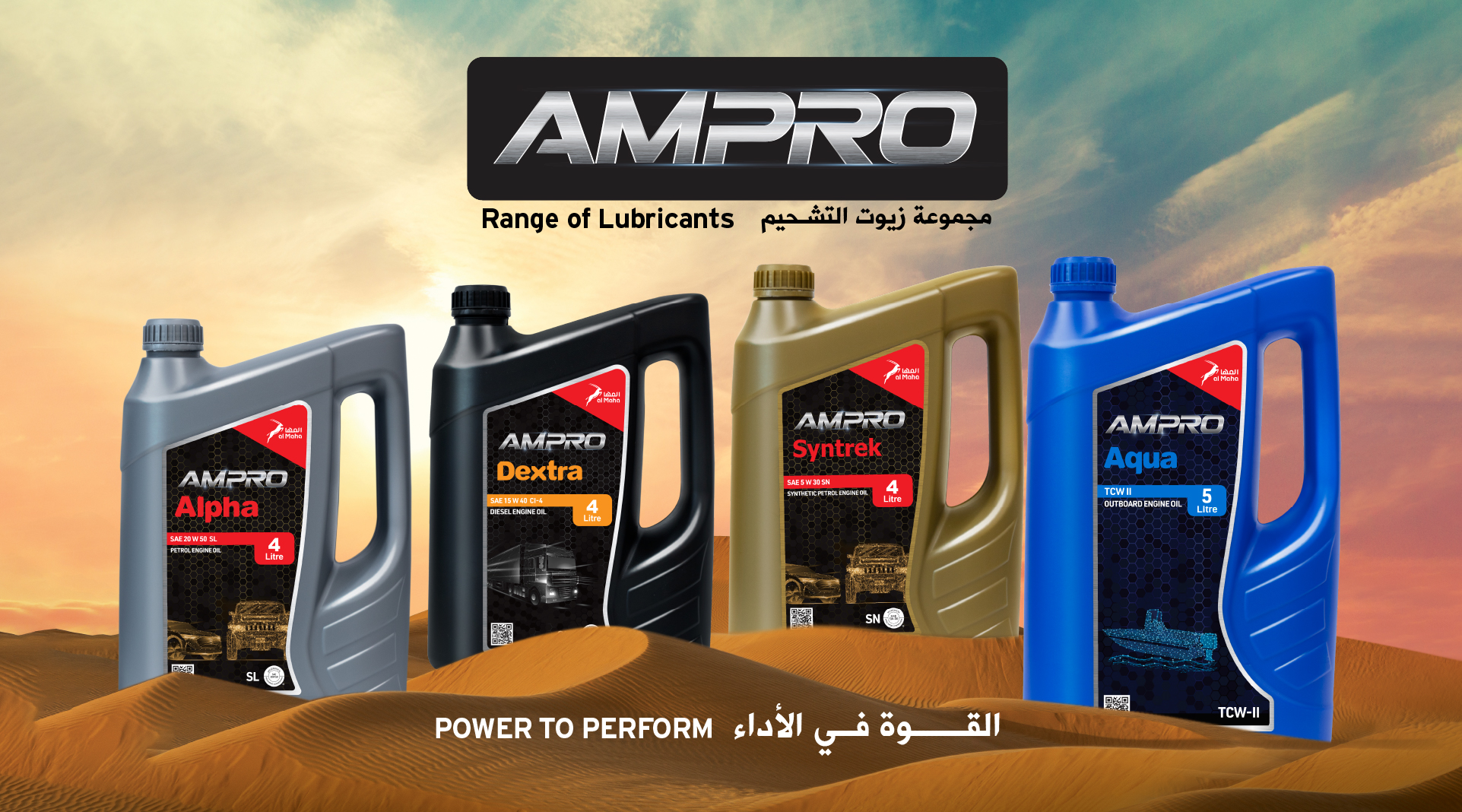
Why does a vehicle need engine oil?
Your engine's moving parts are lubricated with engine oil to reduce friction which degrades performance. Clean oil also reduces the accumulation of thick sludge, which can clog the narrow paths your engine's oil takes inside the engine. Your vehicle's fuel consumption rises and its performance drops if there is insufficient oil flow. Driving with low oil levels can seriously shorten the life of your car's engine.
Controlled explosions inside your engine can raise the temperature of metal parts to above 300°C. These parts quickly deteriorate without enough oil since radiator coolant does not serve as a cooling mechanism for them. Mechanical parts corrode and wear out without enough clean oil, wasting your money and valuable time. With high quality, clean engine oil, your engine's lifespan lengthens as it operates more efficiently by optimising engine performance.
Why should I change my engine oil?
Through the air intake, dust and dirt may enter the engine. Also, when the engine is driven, the oil oxidises and thickens until it’s no longer protects against friction. This is why oil needs to be replaced at regular intervals.
Let's start with the fundamentals of engine oil.
1.Types of engine oil:
There are different types of engine oil. Again, consult your car's manual for instructions on what your engine requires. At the same time, it's critical to know the basic differences between mineral oils, semi-synthetic oils, and full synthetic oils.
The heat and oxidation resistance of mineral oil is not particularly high. The oil typically lasts 5,000 kilometres in GCC countries. This means that you should do more frequent engine oil changes. However, if your engine is older and has always used mineral oil, keeping it that way will still benefit your engine's protection. For Mineral oil you can use AMPRO Alpha 20W50 SL.
A blend of mineral and synthetic oils, giving you the benefits of both, and maybe at a lower cost.
Provides superior anti-friction qualities compared to mineral oil since it is more "slippery". It also aids in extending the life of your engine by improving fuel efficiency and engine response. If you frequently encounter stop-and-go city traffic, this is extremely helpful. High heat and oxidation resistance is a feature of full synthetic oil. Between oil changes, it may run above 10,000 kilometres. However, if your vehicle is brand new and has synthetic oil in it from the first factory fill, using a fully synthetic oil like AMPRO Syntrek 5W30 SN can keep it running smoothly for a very long time.
2. Viscosity:
The viscosity of engine oil controls how quickly it flows to safeguard the engine. A higher value indicates higher viscosity, which indicates that the oil is more viscous (thicker) and flow-resistant.
If you use a viscosity that is too high, your engine will become less responsive. This means that in order for the oil to reach critical engine components, your engine must consume more fuel energy. 'Light' engine oil is often needed for new engines. Therefore, for example AMPRO Syntrek 0W-20 SP is the ideal oil to use for engine and fuel efficiency in the latest and modern engines because of its low viscosity.
3. Certifications:
Engine oils need certification. Our engine oils are formulated to meet the most rigorous environmental conditions in Sultanate of Oman as well as meet and exceed industry certifications. Our formulations exceed even the most stringent criteria set by
So, when you see the above names on your engine oil, you can be assured!